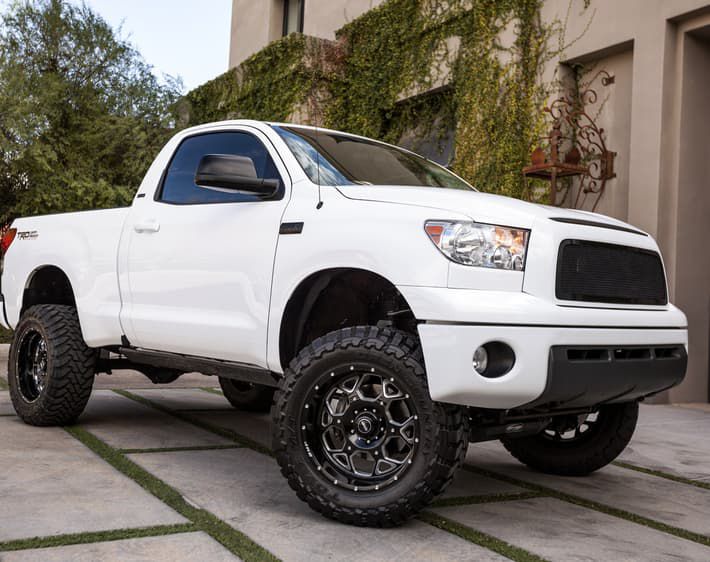
Can I Use Bigger Tires on My Car?
Can I use bigger tires on my car? Discover the pros, cons, and impacts on fuel and handling. Visit Tires Plus for expert advice on your tire upgrade!
Read More
From the moment you start up your car and hit the road, tire pressure is not something you want to overlook. Manufacturers specifically calibrate tire pressure for the size and weight of your vehicle with safety, fuel efficiency, and your vehicle’s best performance all in mind.
Whether you have brand new tires or tires that have seen some miles, tire pressure can have an impact on tire performance. So, what happens if your tire pressure is too low or too high? And how do you find the correct tire pressure for your vehicle anyways? Learn all about tire pressure and how to get it right for your car.
How do you know what your tire pressure should be? There are a couple places you can look to find your vehicle’s recommended tire pressure:
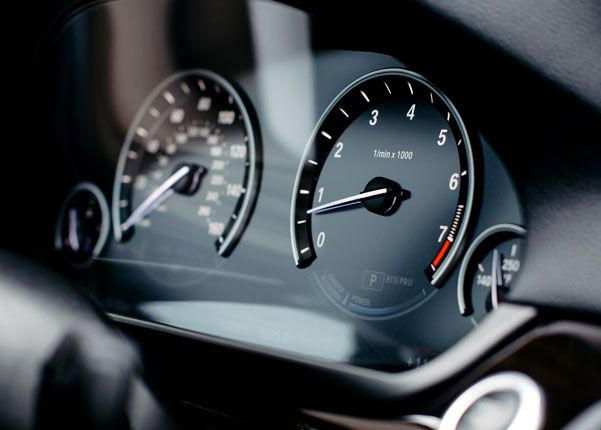
Driving around on low tire pressure is never something you should do. That’s because at any tire pressure under the manufacturer recommended PSI you risk losing control of your vehicle or even getting stuck with a flat on your drive. Here’s the signs to look out for to avoid driving around with low tire pressure:
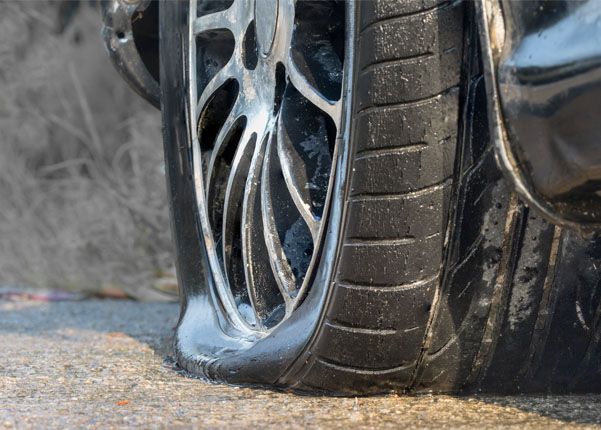
Going higher than your vehicle’s recommended tire pressure is never a good idea. Overinflation leaves tires stiff, which makes them vulnerable to damage from uneven roads and could even cause a tire blowout. Just like low tire pressure, high tire pressure can lead to uneven tire wear and put your safety at risk. Here’s the signs to look out for to avoid driving around with high tire pressure:
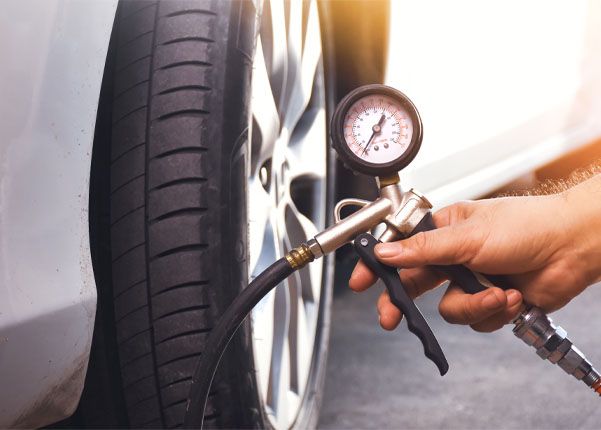
Tire pressure that is too high or too low can alter the performance of your vehicle and ultimately damage your tires. You can prevent tire damage by keeping up with regular tire pressure checks. Whether you visit us for a regular oil change or other auto repair services, you can ask our friendly technicians for a free tire pressure check as part of your appointment. Whenever you need help from the experts, come to your nearest Tires Plus for all your tires needs.

Can I use bigger tires on my car? Discover the pros, cons, and impacts on fuel and handling. Visit Tires Plus for expert advice on your tire upgrade!
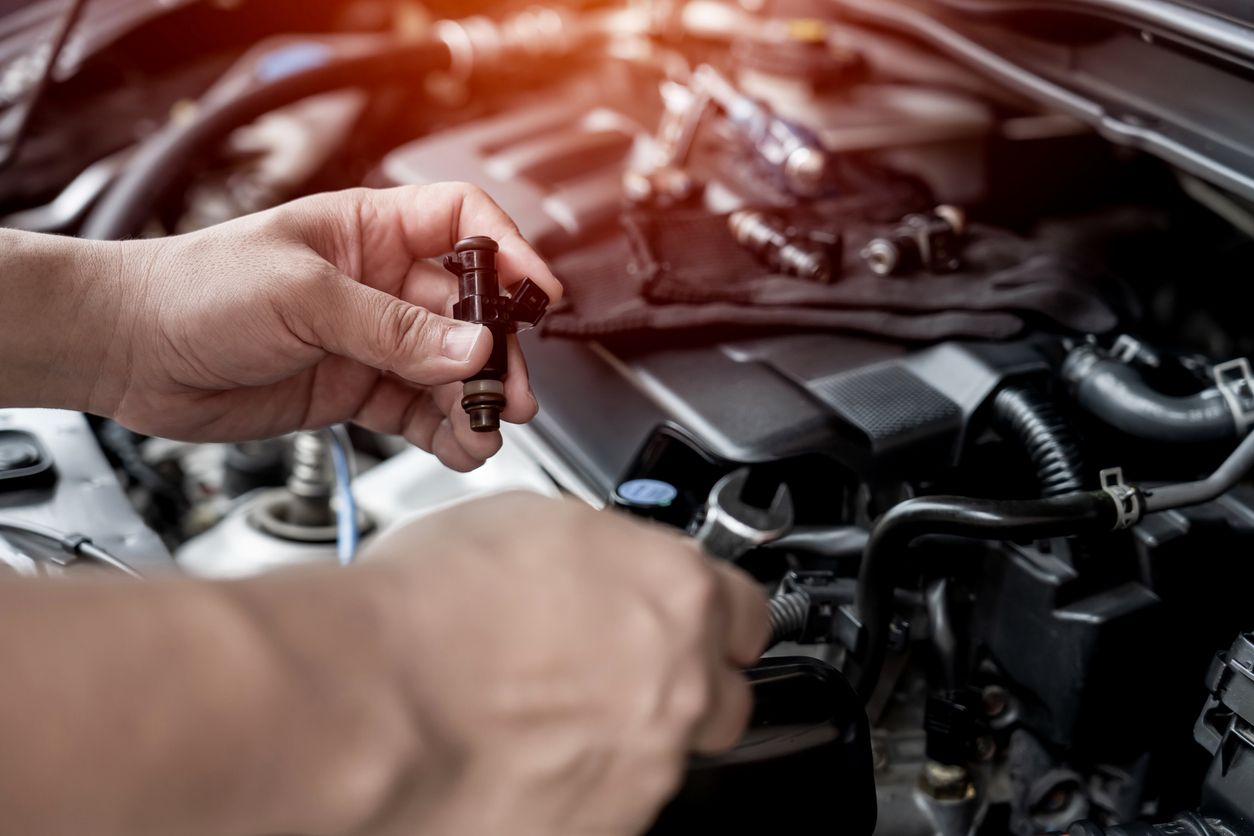
Is your car experiencing hesitation or rough acceleration? A fuel system cleaning may help with that! Learn about the benefits of fuel system cleaning here.

Ready to find out how you can save big with Tires Plus Black Friday deals in 2024? Gear up for our biggest and best deals of the year. Click to learn more!